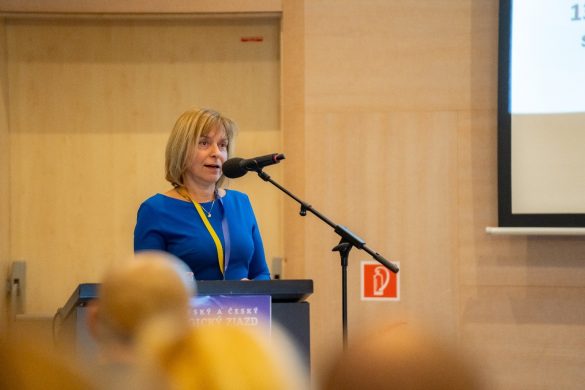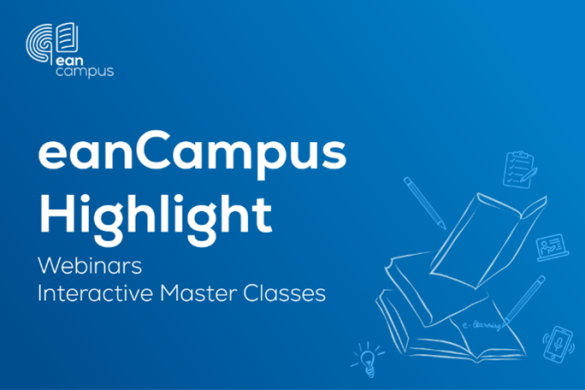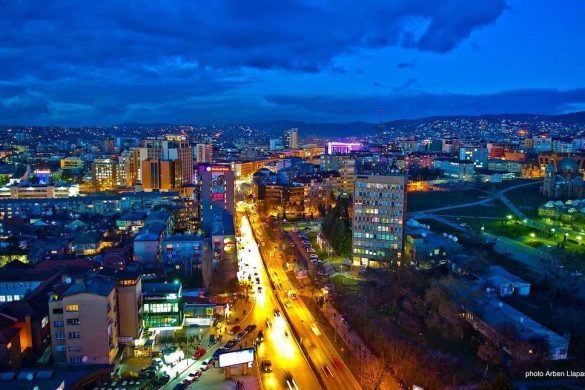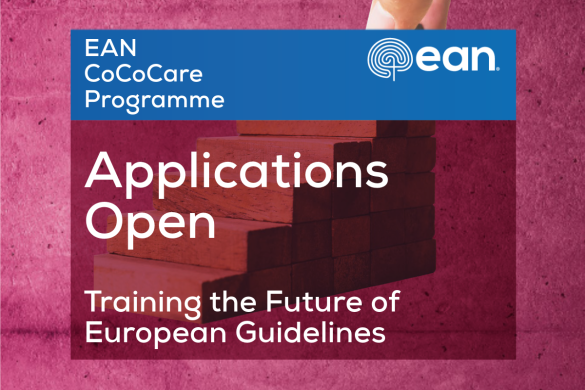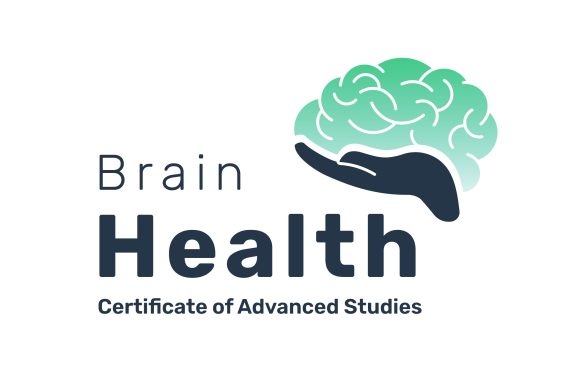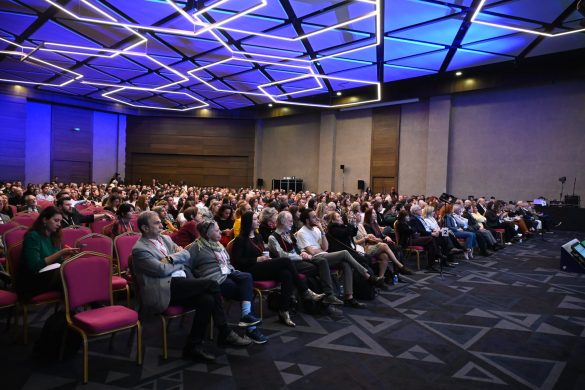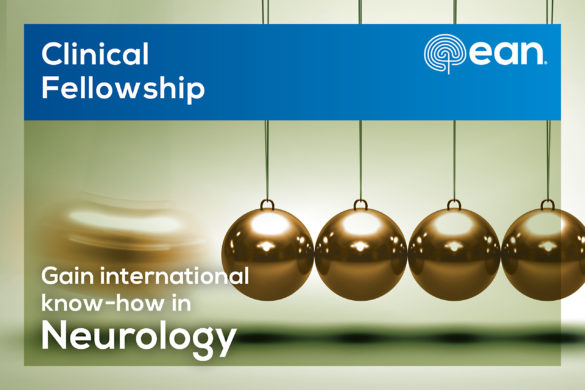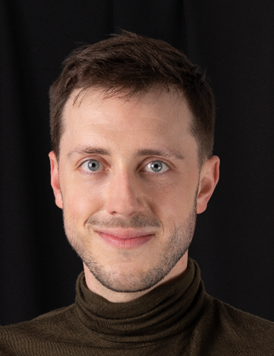
My journey to joining the EAN Leadership Programme was driven by a realisation that has grown in intensity throughout my career as a physician and scientist. I noticed that we all receive excellent training in medicine and, for those of us who follow that path, scientific methods. We then enter a hierarchical system that expects us to follow a path of increasing responsibilities with increasing age, a lot of which requires leading smaller or larger groups of people.
Raphael Wurm (© Martina Lajczak)
Despite this, leadership was not an important part of any of my training curriculums – it almost seemed like it should be something I would intuitively know or learn on the job, as it were. This gap became more evident as I frequently found myself in leadership roles rather unprepared and sometimes wishing I could just work alone instead. To bridge this gap, find my own style of leading people, and perhaps discover the hidden joys of it, I applied to the EAN Leadership Programme.
In the span of the first modules, we have been exposed to numerous useful tools, strategies, and concepts. Personally, the most impactful takeaway has been the idea of a brain dump. This exercise, seemingly simple, has helped me to declutter my mind and organise my thoughts more effectively. The process involves transferring all open responsibilities, i.e., projects, tasks or ideas that I have ever committed to but not yet finished, from my mind onto a tangible list, thereby dumping them out of my subconscious. This has not only helped in creating actionable to-do lists but also reduced my mental load of projects that would inevitably come back from the depths of my brain now and then and remind me of their existence, and of how I almost forgot about them.
Another interesting finding happened when we dove into the topic of personalities, taking some of the more popular personality tests ourselves. I found out that over the last couple of years, my profile changed quite a bit. This aligns with my experience but seeing it in numbers and letters was certainly reassuring. More precisely, the leadership programme provides an opportunity for introspection and self-assessment that I appreciate. I believe it has already started impacting how I approach leadership scenarios in all roles.
More generally, the mere fact of setting aside time for these topics, working with extremely interesting peers from across Europe, and frequently reflecting on how other people approach leadership has been a joyful experience. The program has not only provided theoretical knowledge but has also offered practical tools and personal insights, and I believe I am only just starting to see the changes that this has triggered.
To summarise, I am very grateful for the opportunity to participate in this intense and rewarding programme and am looking forward to what the next year and a half will bring.




